A COMPLETE PLAN
Unique for every individual,
ask us about yours.
WHAT IS A COMPLETE ESTATE PLAN?
A complete estate plan is unique for every individual as it must take into account a wealth of personal data across varying categories such as the client’s family, finances, health status, and general intention of how they wish their personal and financial affairs to be handled during life, in cases of incapacity, and after death.
Every estate plan will typically rely, at a minimum, on the following documents to be drafted specifically for the client:
Certification of Trust
Assignment to Trust
These documents serve as the foundation of your estate plan, ensuring that your assets are managed and distributed according to your wishes. A Will allows you to specify how your assets should be distributed after your passing and can designate guardians for minor children. A Revocable Living Trust helps in avoiding probate, providing privacy, and allowing for the seamless transfer of assets. The Power of Attorney authorizes someone you trust to handle your financial matters if you're unable to do so. An Advance Healthcare Directive outlines your medical preferences and appoints someone to make healthcare decisions on your behalf. The Certification of Trust and Assignment to Trust are essential for funding your trust and ensuring that your assets are properly titled.
GOT THE DOCUMENTS - IS THAT ALL?
Estate planning involves more than just creation of legal documents. An estate planning lawyer should also provide guidance on:
Transferring title and assets into a trust.
Pay-on-death and transfer-on-death accounts.
Beneficiary designations.
Joint tenancies.
Marital deductions, if applicable.
ADDITIONAL ASPECTS TO KEEP IN MIND
Properly funding your trust is crucial. This includes retitling assets such as real estate, bank accounts, and investment accounts into the name of your trust. Failing to do so can result in those assets going through probate, defeating one of the primary purposes of creating a trust.
Additionally, reviewing and updating beneficiary designations on life insurance policies, retirement accounts, and other financial instruments ensures that these assets are distributed according to your current wishes. Joint tenancies and marital deductions require careful consideration to maximize tax benefits and ensure the smooth transfer of assets.
An often-overlooked aspect of estate planning is planning for incapacity. Should you become unable to make decisions due to illness or injury, having a durable power of attorney and advance healthcare directive in place allows trusted individuals to manage your affairs and make medical decisions on your behalf, avoiding the need for court-appointed conservators.
Moreover, estate planning can be tailored to support charitable causes that are important to you. Including provisions for donations to nonprofits, religious organizations, or community groups ensures that your legacy includes giving back in a meaningful way.
At Yu & Yu Law, we understand that each client's situation is unique. Our attorneys personally handle every case, providing personalized guidance and ensuring that your estate plan reflects your specific goals and circumstances. We offer flat fee quotes after an initial free consultation, providing transparency and peace of mind.
If you're considering creating or updating your estate plan, contact us today to schedule your free consultation. Our experienced attorneys are here to help you navigate the complexities of estate planning and secure your legacy.
Feel free to reach out if you need further assistance or have specific questions about estate planning.
(213) 835-0300
Contact@YuandYuLaw.com
